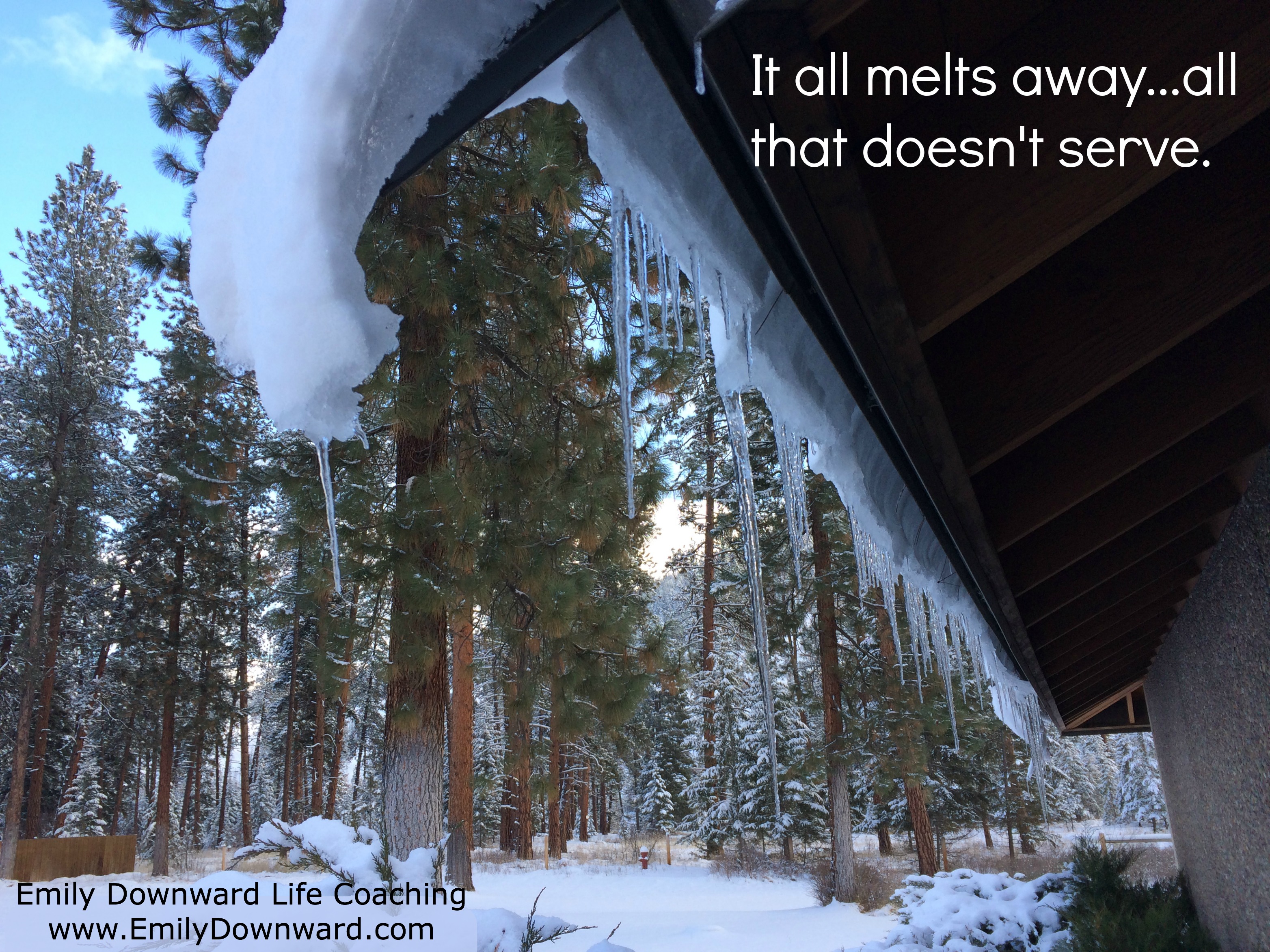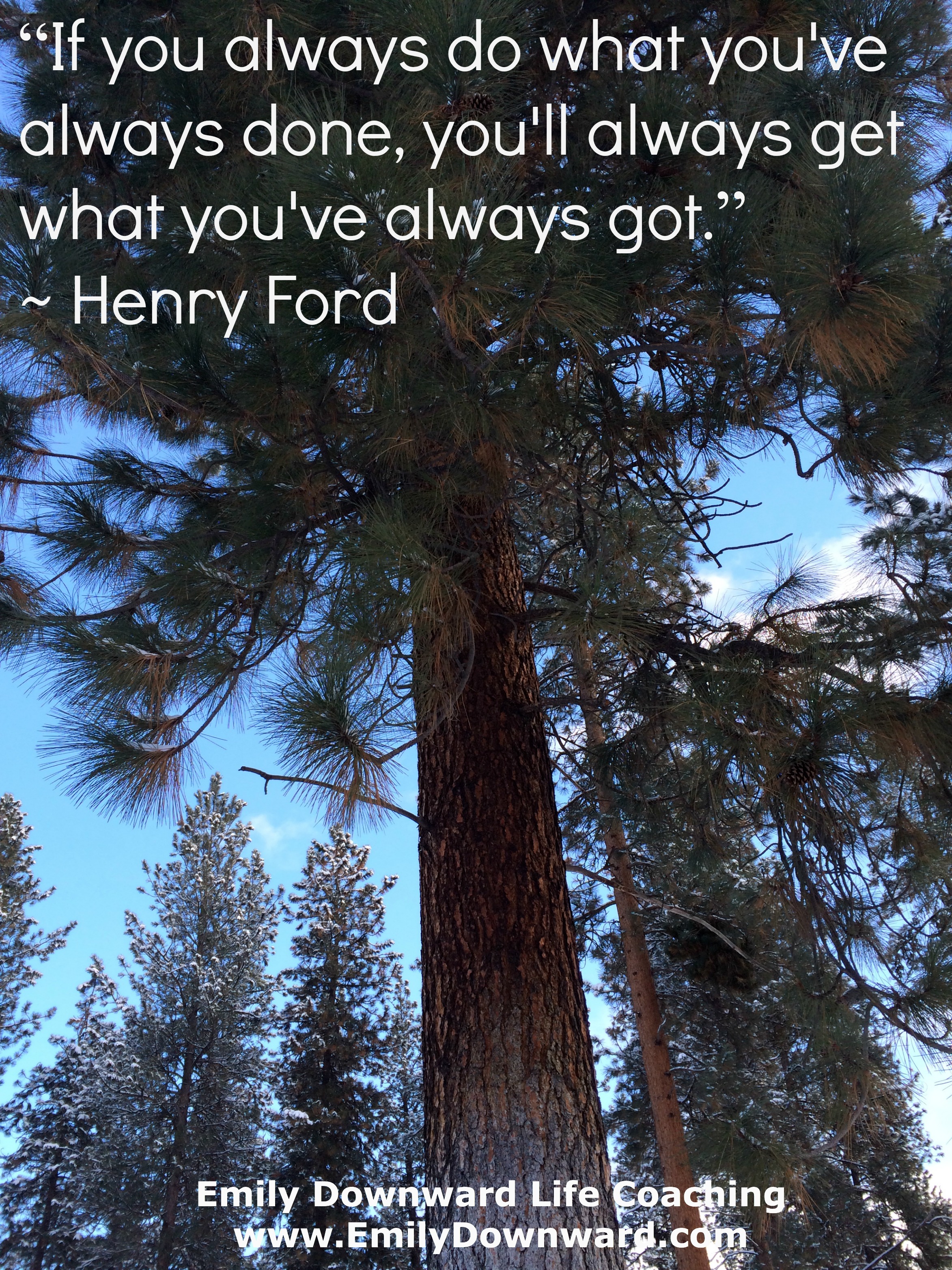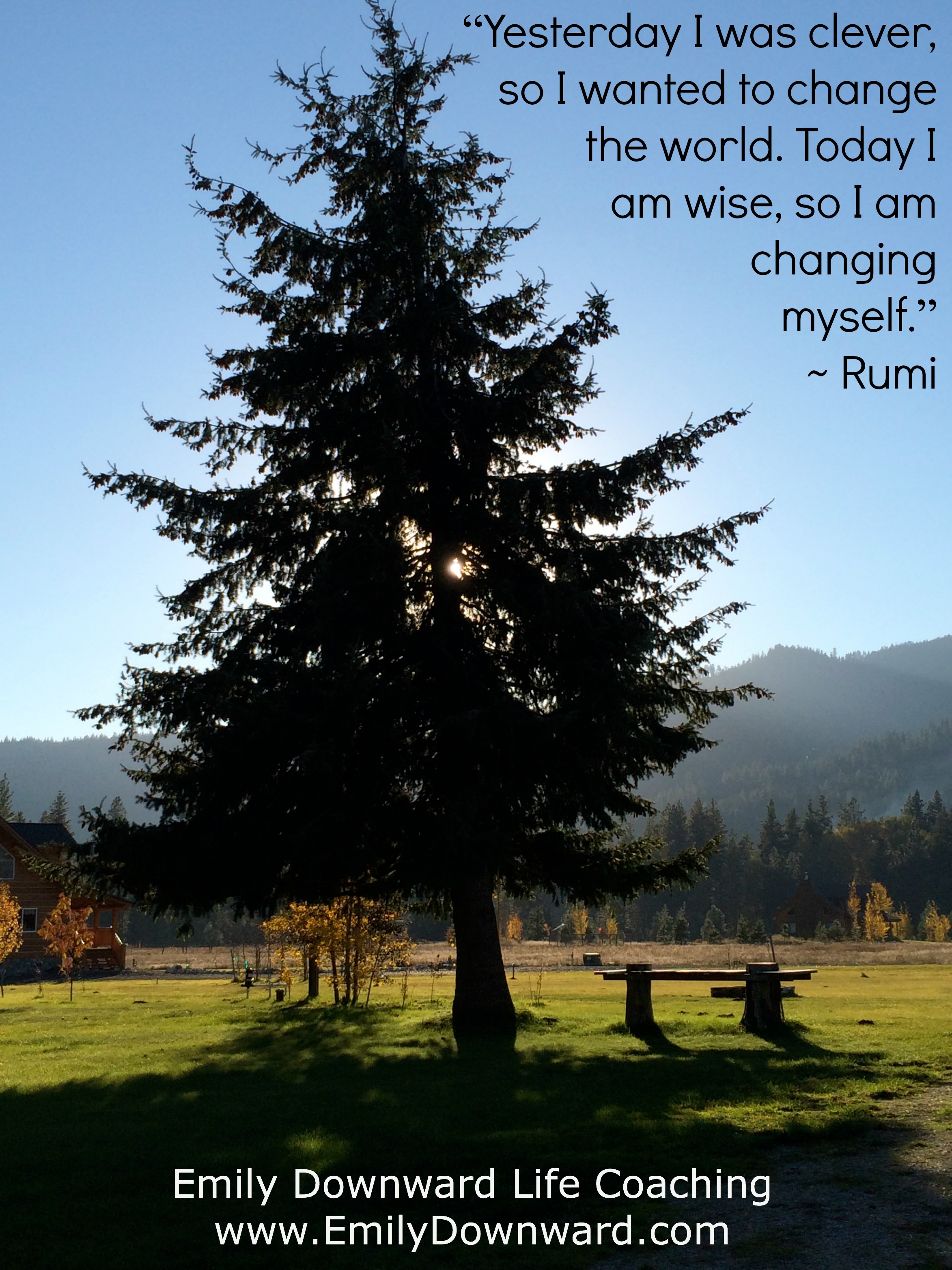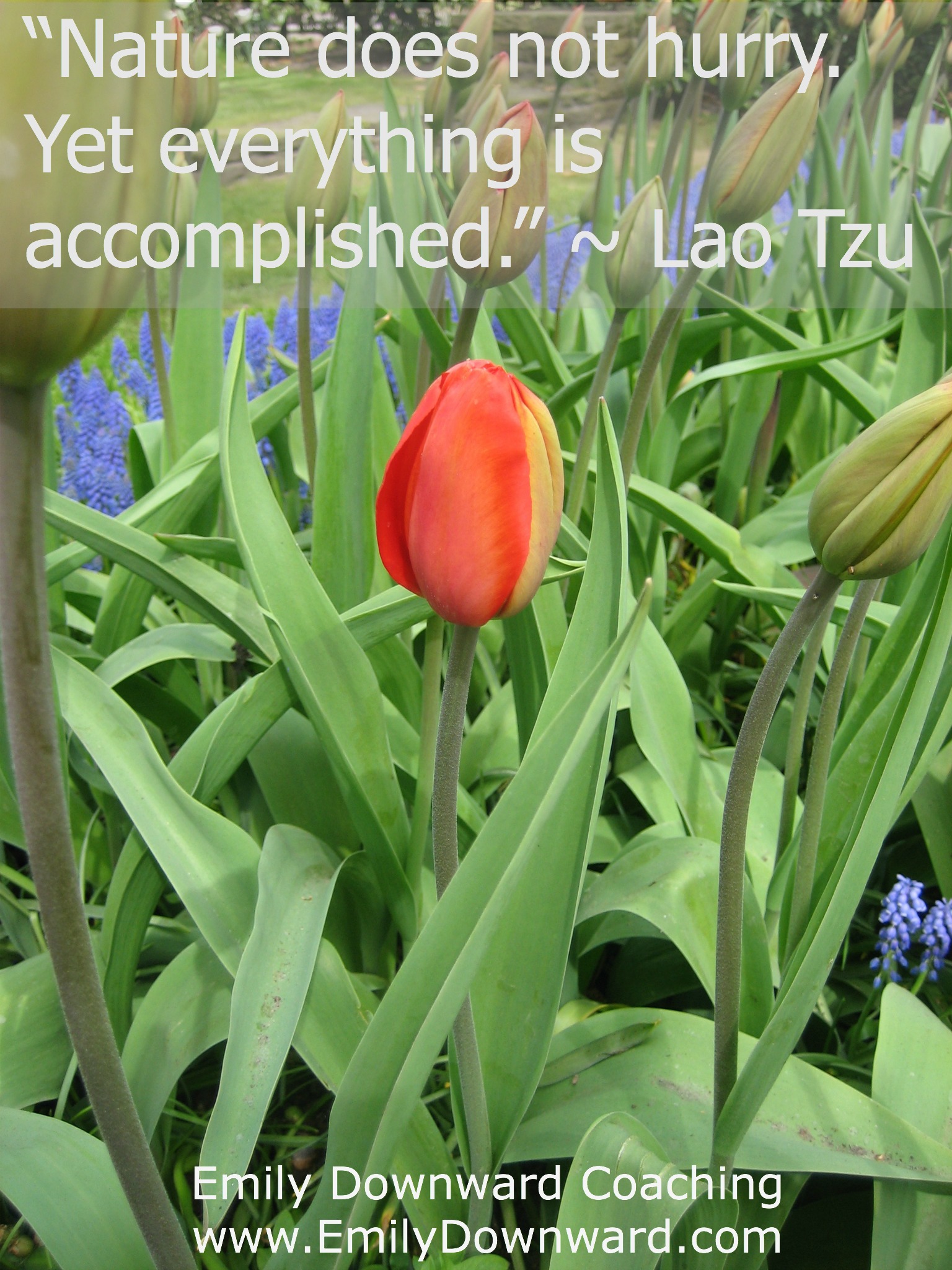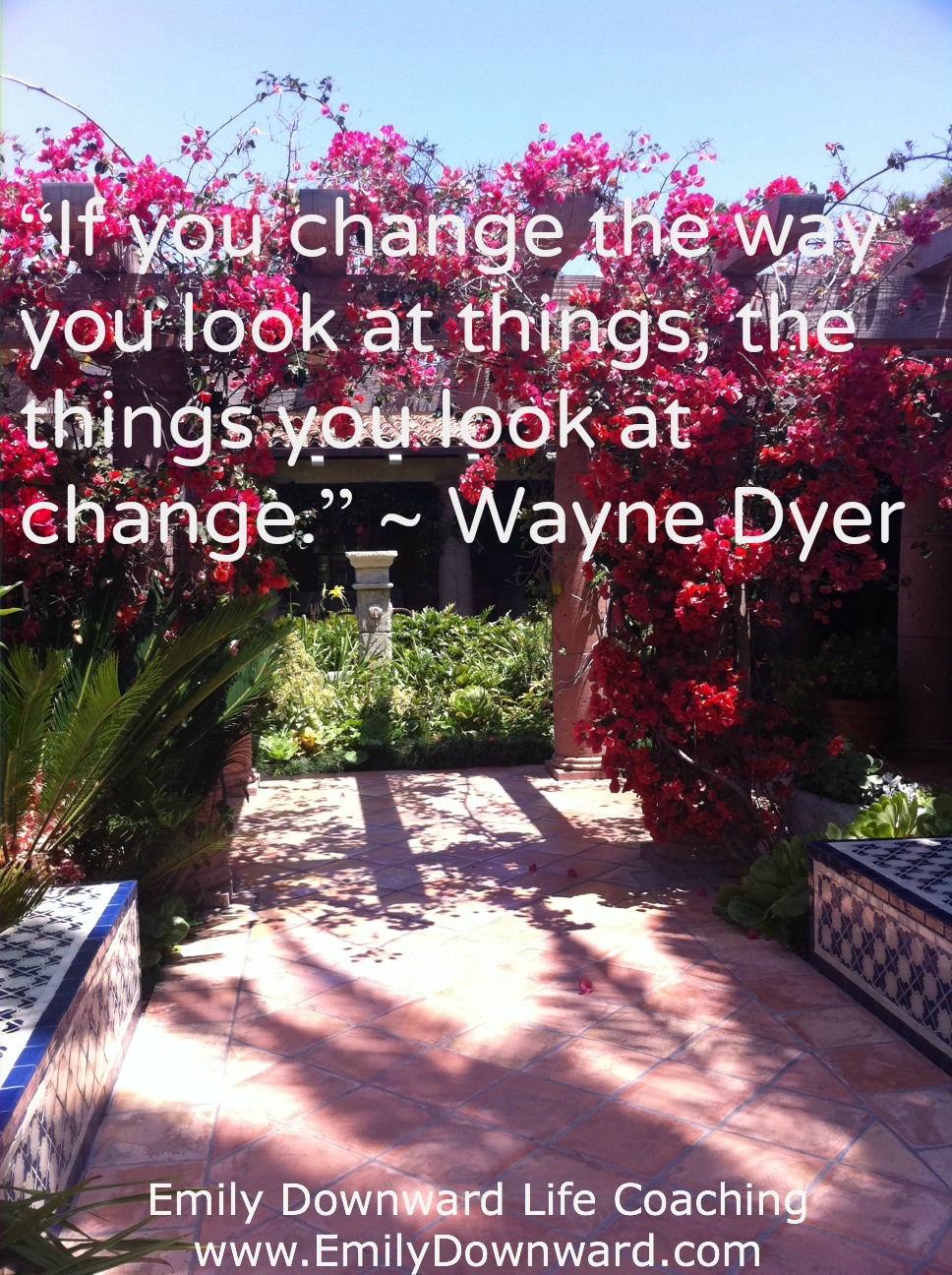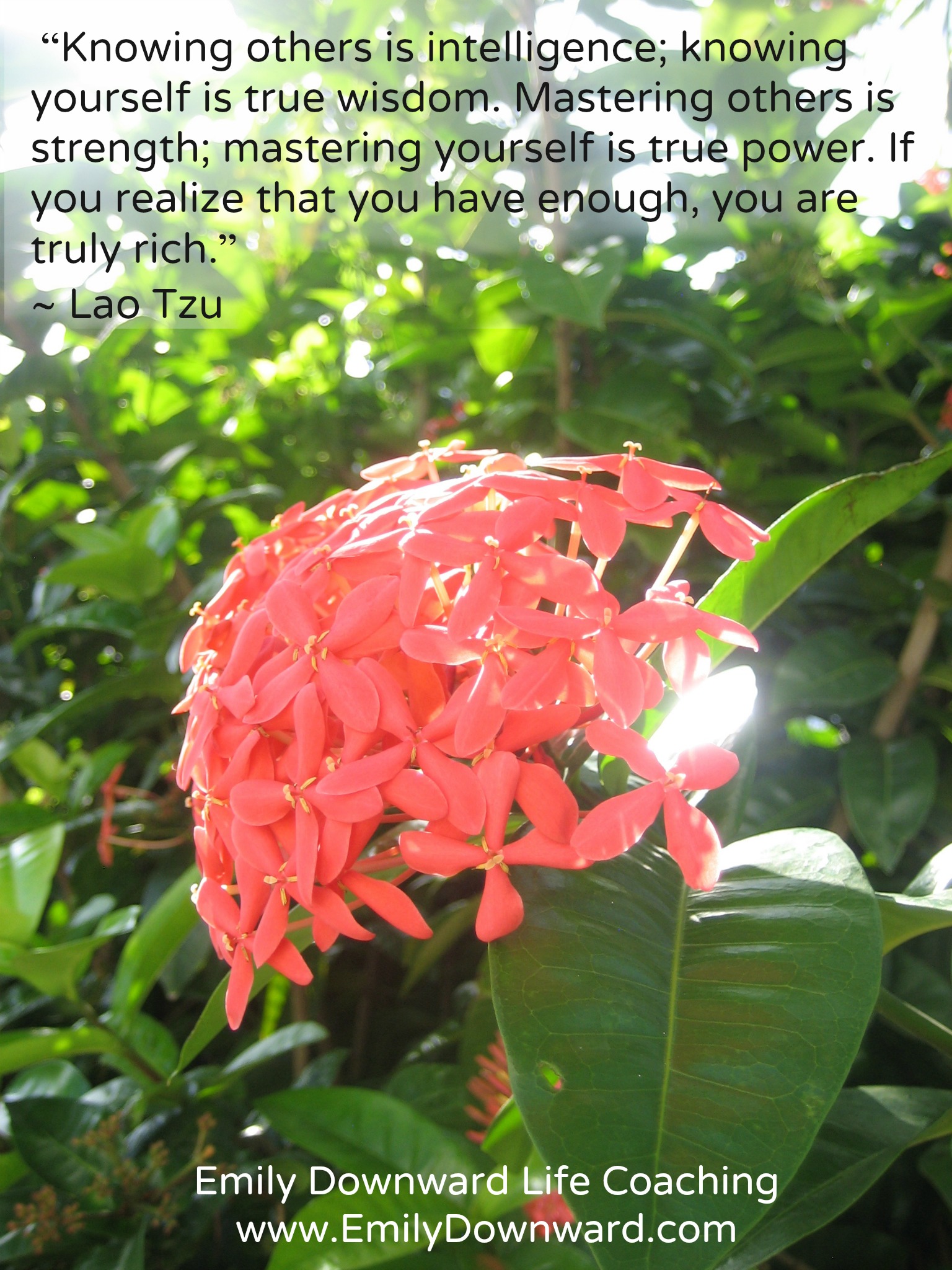One of the significant losses for me last year was the loss of my physical abilities. I went from being a proud 7-time triathlete to someone who had to reserve a wheelchair in the airport because I couldn’t walk the distance from the check-in to the gate without excruciating pain.
At the beginning, it was mostly an annoyance. A couple months after my last triathlon, I noticed pain in my right hip when I ran. Training for triathlons taught me I could do more than I thought I could do, and I had learned how to push myself past the whining voice in my head that said it was too difficult. So I pushed on.
The pain increased, and I became frustrated with my body. I was in a relationship with a man who was a former personal trainer, and he encouraged me to push through it. Given his experience and also the fact that I wanted to impress him, I pushed on.
The pain got worse, and I had to completely stop running. Thinking it was a temporary setback, I made myself walk every day and began doing yoga 4-5 times a week to increase my flexibility and strength. Still, the pain worsened and my mobility declined.
I heard a motivational speaker recently, who in recounting her personal story of transformational weight loss, said, “The one thing you have control over is your body.” I hope she never experiences how very untrue that statement is, because it was incredibly difficult to surrender for me.
But when your body stops walking, you have to start listening.
First, I had to surrender to the idea that this was truly happening. I had so much resistance to the idea that I couldn’t do what I’d been doing. Eventually, it was obvious. I couldn’t walk without assistance, like a cane or crutches. I consulted a variety of specialists, and learned that a combination of scoliosis, the way my muscles learned to compensate, and repetitive training for triathlons had created the perfect storm for my hip.
Second, I had to learn to truly listen to and trust my body. I have always been more reliant on my mind than anything else. I had learned how to push myself. Now, I had to learn to let my body set the speed. Some days, I could walk a mile. Some days, I could barely walk around the block. Other days, I needed to rest. There was no pattern to it – each day was different. But my body no longer responded to force – it would simply shut down. As I slowly began to get infinitesimally better, I didn’t want to go back to being completed crippled, so I listened.
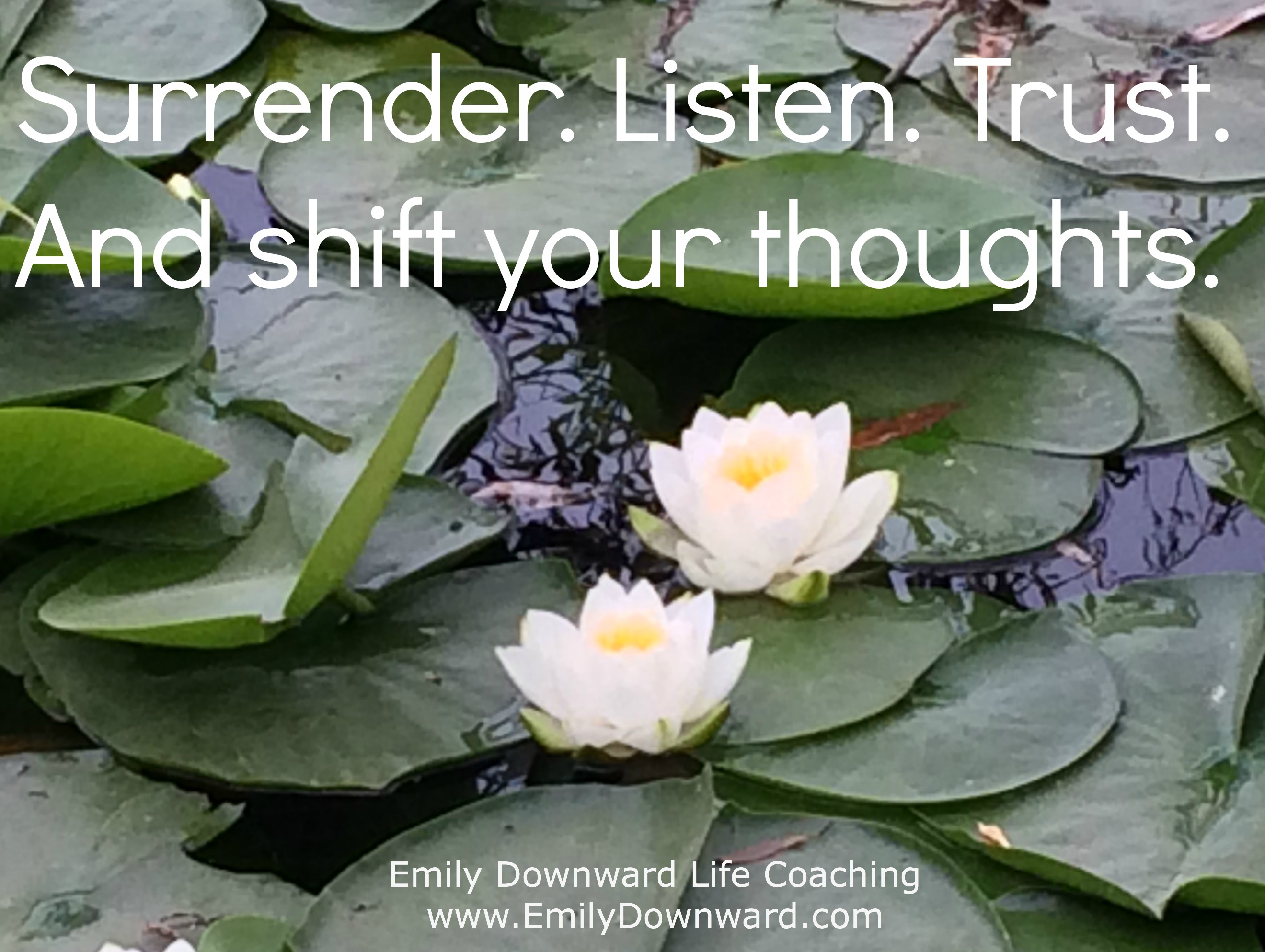 I also had to trust my body with what helped, and what didn’t. Frequently, even what the doctors or therapists were telling me wasn’t working for me. I learned to trust what I was feeling more, to distinguish between different kinds of pain – like the good kind of pain in a stretch or in a muscle you are building versus the you-overdid-it and now there’s inflammation. Lots of trial and error, but I’m learning and getting better at it.
I also had to trust my body with what helped, and what didn’t. Frequently, even what the doctors or therapists were telling me wasn’t working for me. I learned to trust what I was feeling more, to distinguish between different kinds of pain – like the good kind of pain in a stretch or in a muscle you are building versus the you-overdid-it and now there’s inflammation. Lots of trial and error, but I’m learning and getting better at it.
Finally, I had to change my thoughts and ideas about myself. I had to create a new normal. I don’t think I’ll do another triathlon again, and I had to grieve that. I had to be okay with what my good-enough is. Not that I’m giving up on improving – not at all! But I accept and honor the limitations I have on any given day.
If you’re facing a big transition like this, you may also find these steps work for you:
- Surrender to what’s happening. Byron Katie says, “When you fight with reality, you’re going to lose 100% of the time.” Acknowledge that this is what’s happening right now. When you come to a place of acceptance, then you can begin to find your way out.
- Listen and trust your body. This is true not just in physical challenges but also in times of grief. Some days are up and others are down. Follow your inner rhythms.
- Shift your thinking to accommodate your new reality. Let go of the idea of who you thought you were, and dig deeper to the inner knowing of who you are – that part of you that never changes, that is worthy and good enough without titles or accomplishments.
Today, I can hike three miles on a good day. I’ve even had days where I have no pain at all, and it feels amazing. I continue to accept, listen and be flexible in my thinking, and in addition to the ability to walk, I also have a lot more peace.
